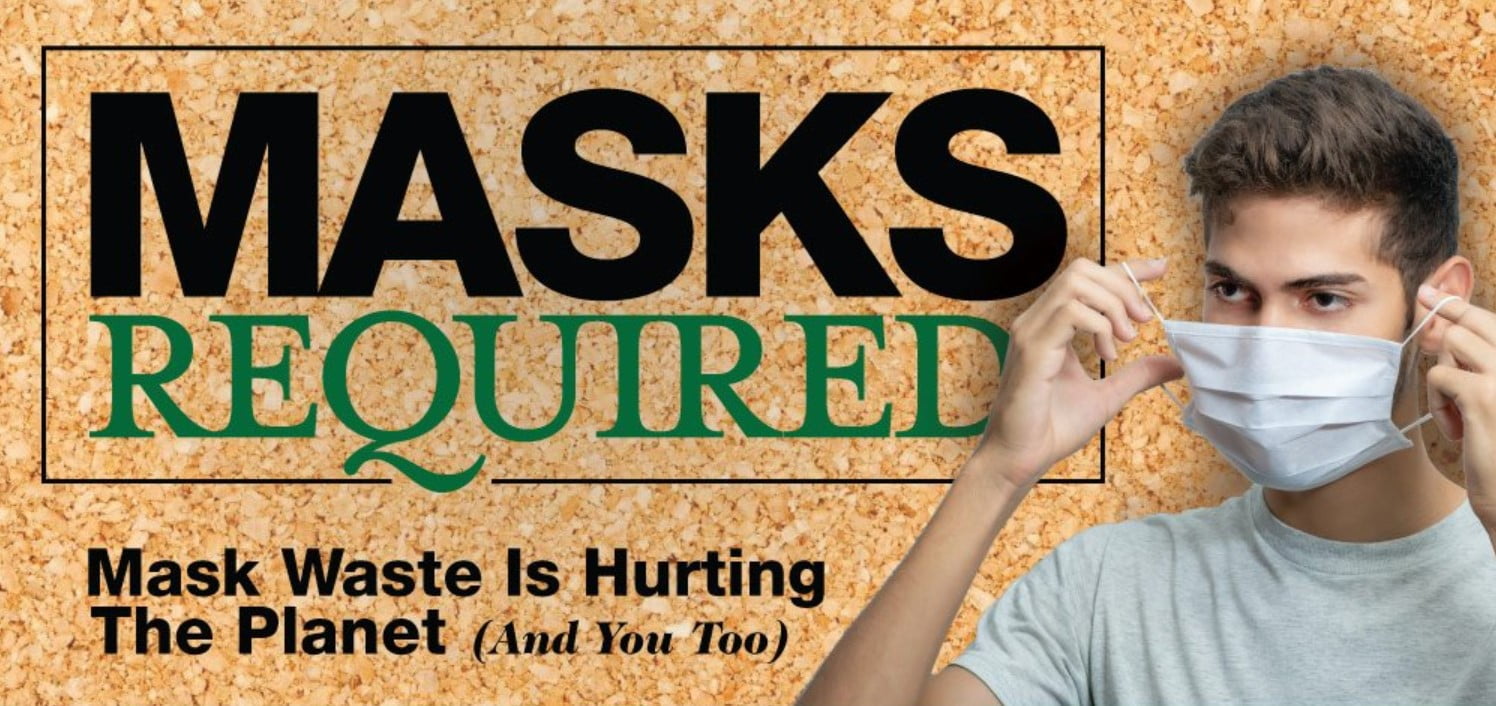Face masks have become ubiquitous over the last several months, and we are likely to continue seeing them for months to come. Along with masks has come an unwelcome consequence – mask waste littering parking lots and sidewalks across the world as people discard their personal protective equipment where they stand in lieu of disposing of it properly or using washable, reusable PPE. The result? In the United Kingdom alone, PPE is expected to generate 128k metric tonnes of waste in the waste stream this year. Disposable PPE has its place, which is mostly in healthcare settings, so how can we be safe and eco-friendly at the same time?
Q3 2020 hedge fund letters, conferences and more
Reusing disposable masks isn’t the answer. In fact, the longer a disposable mask is worn the higher the bacteria count on those masks. It’s yucky and it can lead to problems with mask acne and sometimes more serious issues, so it’s best to use disposable PPE in appropriate settings according to recommendations.
Reusable masks are the way to go for most of us, mainly because we are going to need to wear them a lot and being able to lander our masks is important. Some people are using bandannas, which aren’t the greatest at offering protection, and double-folded handkerchief masks are only a little better. Double layer cotton masks are more effective, but they may not be the most eco-friendly, especially if they are made from new fabric, as cotton is resource-intensive to grow.
Using Face Masks That Are Made Of Cork
From a sustainability standpoint, cork is one of the most sustainable and eco-friendly materials out there. Cork trees add to biodiversity in forests around the world. When cork is harvested the trees absorb five times more carbon dioxide. On top of that, cork is recyclable, making it one of the most eco-friendly materials on the planet.
Masks made from cork have some other advantages, as well. Cork is naturally antimicrobial, which means that it has natural properties that kill all kinds of microbes from viruses to bacteria, making it safer for long-term wear. It’s lightweight, buoyant, and doesn’t absorb dust, making it comfortable to wear as well as hypoallergenic. It’s also vegan and PETA-approved as well as completely biodegradable.
Cork masks are machine washable and re-wearable because of their inherent durability. Cork is more sustainable than cotton, making for one of the most eco-friendly choices out there.
Are cork masks able to help us combat mask waste? Learn more about the efficacy and sustainability of cork masks from the infographic below.







